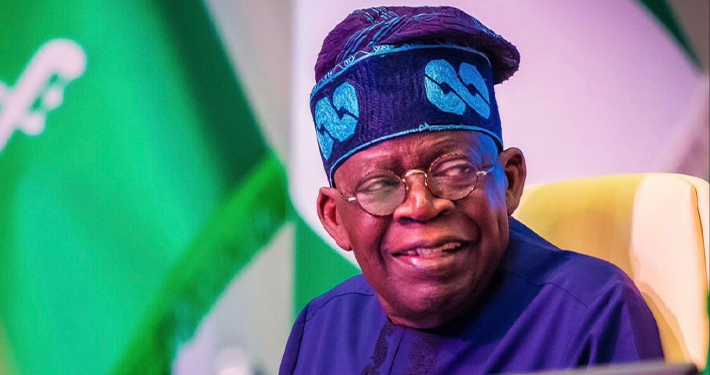President Bola Tinubu has called for debt forgiveness from creditors and multilateral financial institutions for Nigeria and other developing countries.
Mr Tinubu made the appeal while addressing world leaders during the General Debate of the ongoing 79th Session of the United Nations General Assembly at the UN headquarters in New York, U.S., according to a statement by a presidency’s spokesman Stanley Nkwocha on Wednesday.
Vice-President Kashim Shettima is representing Mr Tinubu at the global forum.
Mr Tinubu also emphasised the need for reforms in the international financial architecture and a transparent multilateral trading system. The president expressed the hope that “the adoption of the ‘Pact for the Future’ could change the narrative, reposition economies and translate into concrete measures.
According to him, the measures will solve the challenges developed and least-developed countries face.
“It is for this and other reasons that we reiterate the call by countries, especially of the global South, for reform of the international financial architecture and promotion of a rules-based, non-discriminatory, open, fair, inclusive, equitable and transparent multilateral trading system,” he noted.
Mr Tinubu, who emphasised the dangers of straying from multilateralism, drew the UN’s attention to the global debt burden, undermining the ability of countries and governments to meet the needs of their citizens. He also said that trade barriers and protectionist policies are destroying nations’ hopes, and the uncontrollable competition discourages motivation and hampers global investments.
“Similarly, we must ensure that any reform of the international financial system includes comprehensive debt relief measures. This will ensure a sustainable financing for development,” Mr Tinubu stressed. “Countries of the global South cannot make meaningful economic progress without special concessions and a review of their current debt burden.”
The president, therefore, called for the recovery of the proceeds of corruption and illicit financial flows. He maintained that the return of such funds to countries of origin “is a fundamental principle of the United Nations Convention against Corruption.”
He added, “Therefore, the international community must promote practical measures to strengthen international cooperation to recover and return stolen assets and to eradicate safe havens that facilitate illicit flows of funds from developing countries to the developed economies.”
Mr Tinubu called on world leaders to recommit themselves to multilateralism by deepening relations among UN member states in line with the principles of inclusivity, equality and cooperation.
He said this is the surest guarantee of global action against existential challenges faced by the international community. The president decried the steep descent to singularity and nationalism, undermining the quest for peaceful and collective resolution of global challenges.
He said the challenges are terrorism, climate change, poverty, food crises, hyperinflation, nuclear proliferation and grinding debt burden, among others.
Mr Tinubu also reminded the world leaders that the UN stands for multilateralism, which represents inclusiveness and is anchored on the tripod of peace, sustainable development, and human rights.
“Today, these pillars of our organisation are threatened. They risk being broken by the relentless pursuit of individual national priorities rather than the collective needs of the nations that are assembled here today. While commitment to multilateralism offers us the surest guarantee of global action to address the existential challenges we face.
“Singularity and nationalism are undermining the aspirations towards the peaceful and collective resolution of such challenges. From last year’s summit, and indeed from previous years, we have carried over the numerous challenges of terrorism, armed conflict, inequality, poverty, racial discrimination and human rights abuses.
“Other challenges are food crises, hunger, irregular migration, piracy, global pandemics, hyper-inflation, nuclear proliferation, grinding debt burden, climate change, and a host of other vexations. The continued manifestation of these challenges testifies to our failings rather than to any lofty achievements on our part. Billions of dollars are being committed to the prosecution of wars and the fanning of the embers of conflict,” Mr Tinubu explained.
The president reaffirmed Nigeria’s steadfast commitment to deepening multilateralism as it did 65 years ago when it joined the UN as the 99th member state.
(NAN)






